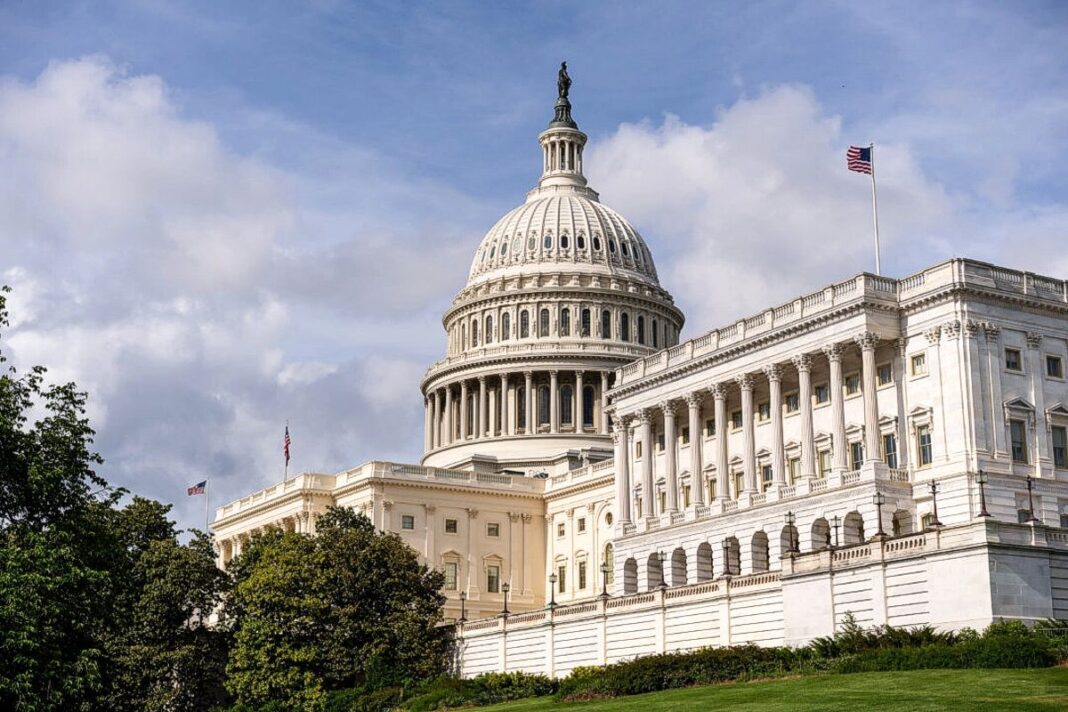During a shutdown, tasks considered ‘essential’ will still be carried out. But which operations come to a halt, and how does it affect public services?
WASHINGTON—Congress has until Sept. 30 to pass a stopgap bill to fund the government. Failure to do so means the government will go into shutdown on Wednesday.
The White House and Republicans are currently locked in a standoff with Democrats over a stopgap bill that would fund the government through Nov. 21. Democrats have demanded several health care measures to be included in the legislation, including the extension of certain Affordable Care Act subsidies that are due to expire at the end of the year. The Trump administration and Republican leadership have rejected those demands.
The short-term funding bill passed the House on Sept. 19 and is currently before the Senate, where it needs 60 votes to advance.
Here’s what to know about what a government shutdown could mean for you.
| Social Security | US Postal Service |
| SNAP and WIC Benefits | The IRS |
| Travel | Museums and Parks |
| The Federal Court System | Small Businesses |
| The Military | Federal Furloughs and Job Losses |
What Happens in a Government Shutdown?
During a shutdown, tasks considered “essential” will still be carried out, but “nonessential” federal workers will be sent home without pay. Congress passed a law in 2019 that guarantees back pay after a shutdown is resolved, but if the funding struggle drags on for weeks, it may put a strain on government workers’ pocketbooks.
The Office of Management and Budget (OMB) normally posts shutdown contingency plans for all agencies on its website, but has not updated them for this year as of press time.
Social Security
Social Security checks will still be mailed, but verification of benefits will be halted, and new social security cards will not be issued. link
US Postal Service
The mail will continue to run during the shutdown, so that’s one less thing to worry about.
SNAP and WIC Benefits
The Supplemental Nutrition Assistance Program (SNAP)—better known as food stamps—will continue to provide cash for food. However some programs may experience hiccups if personnel responsible for distributing those funds, or operating systems for the program, are sent home.
Other programs associated with low-income families, such as the Head Start program and the Special Supplemental Nutrition Program for Women, Infants, and Children (WIC) program may be affected. link
The IRS
It isn’t quite clear what the Internal Revenue Service plans to do about the shutdown this year. In past years it has slowed down some activities because many of its workers were sent home, but it resumed once the shutdown was over. So pay your taxes, just in case.








